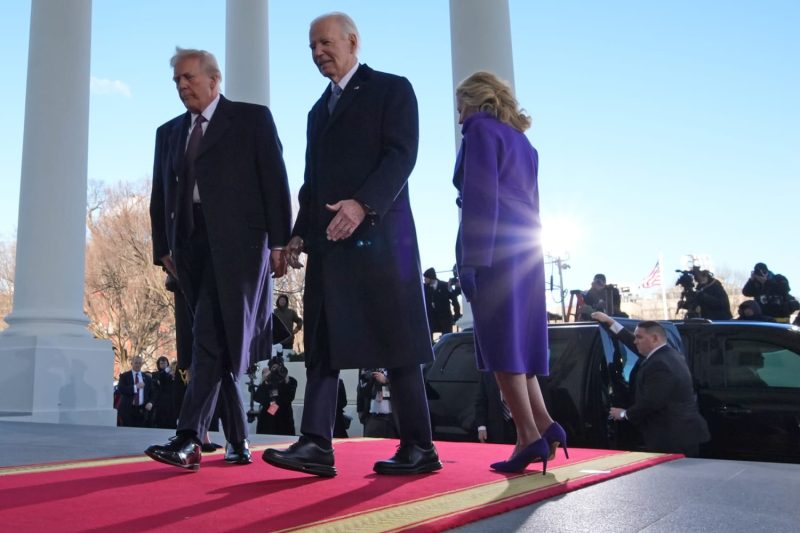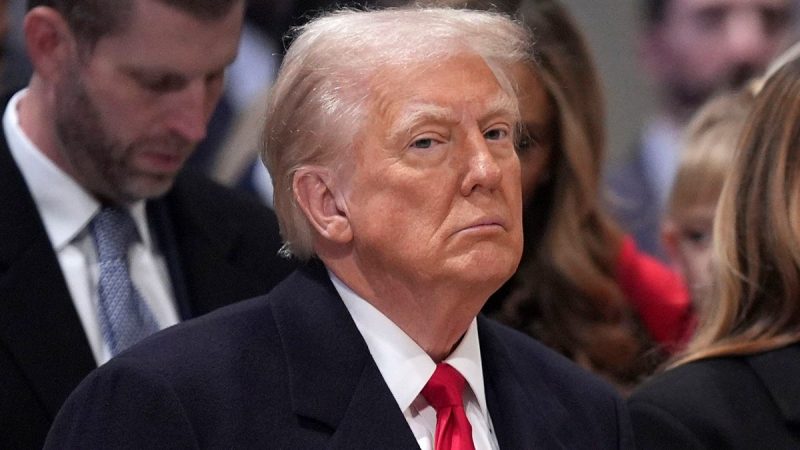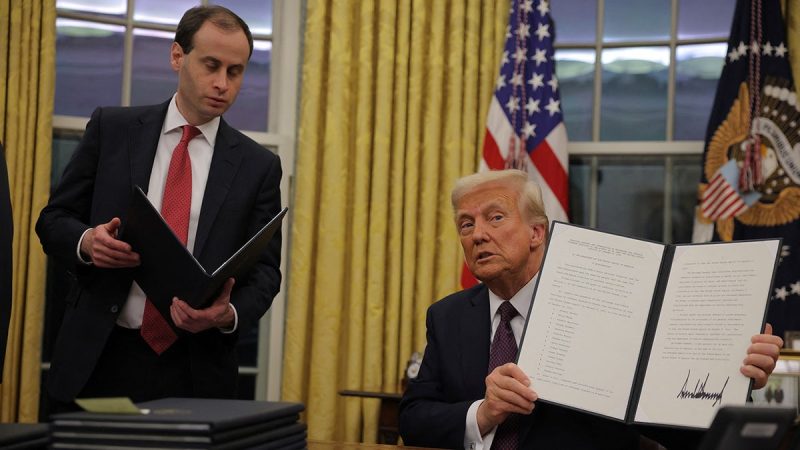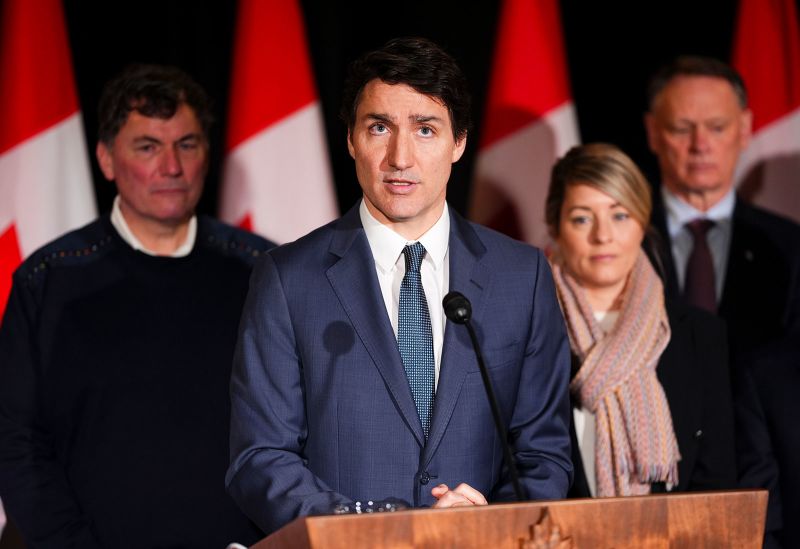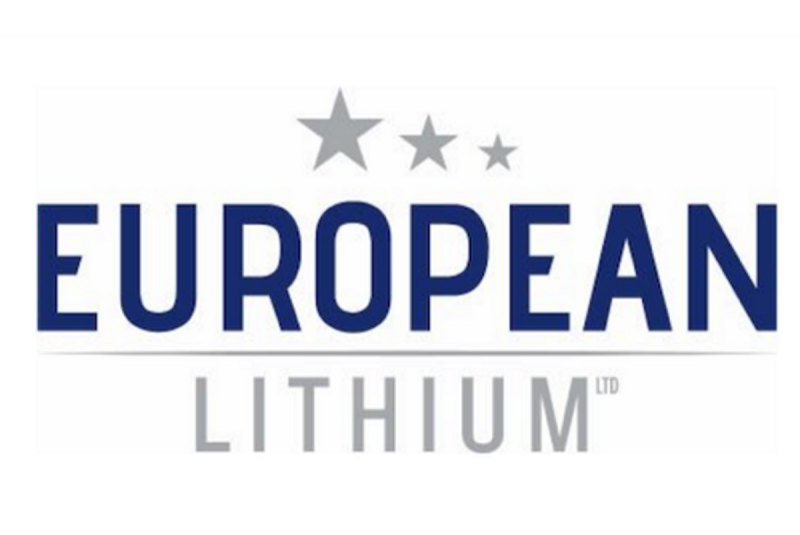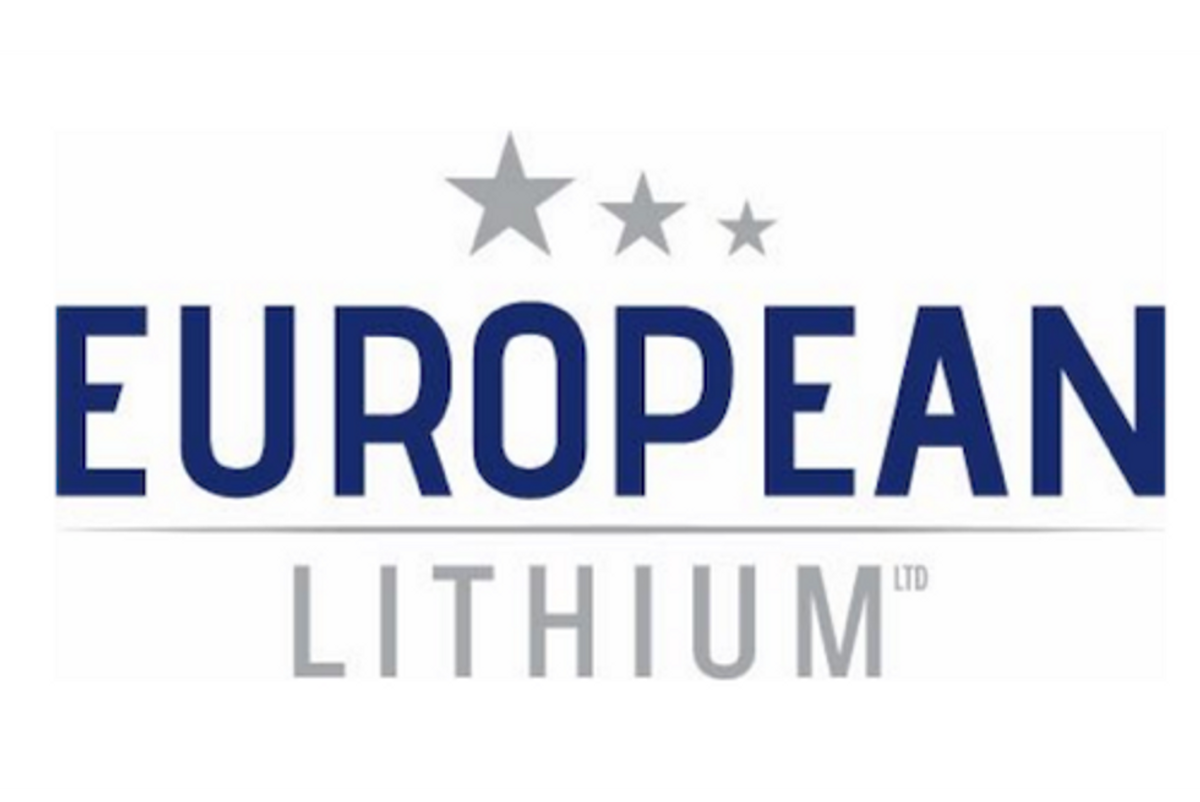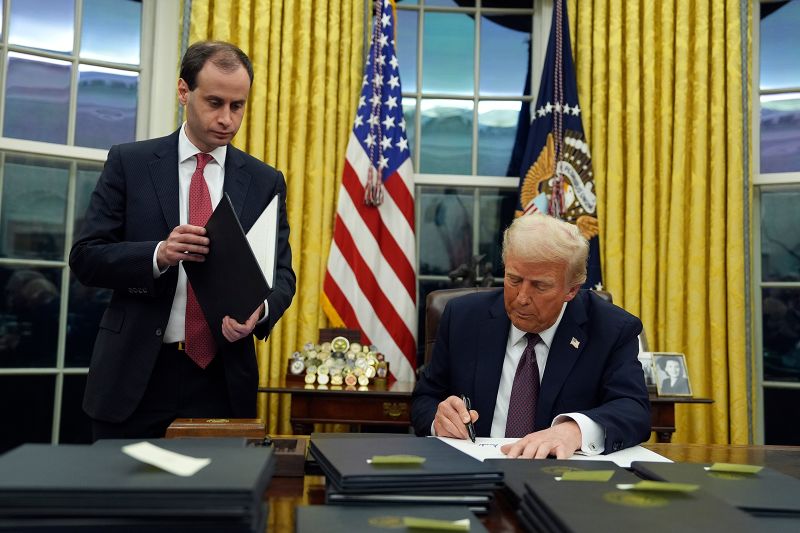
“Ooh, that’s a big one,” Donald Trump said Monday as he signed an executive order – one of dozens during his first hours as president – to withdraw the United States from the World Health Organization.
What lies behind the move, and what could the impact be? WHO, the United Nations health agency that helps protect the health and security of the world’s people, receives about a fifth of its budget from the US.
Trump has blasted WHO as “corrupt” and accused it of ripping America off, and millions of Americans who voted for him are increasingly skeptical of the value of such international structures. But experts have warned that the withdrawal of WHO’s most influential member could harm global health.
In a statement Tuesday, the organization said it regretted the US decision, noting that it had, “over the past 7 years implemented the largest set of reforms in its history, to transform our accountability, cost-effectiveness, and impact in countries.”
The US withdrawal is the “most momentous” of all the executive orders signed Monday, said Lawrence Gostin, a public health law professor at Georgetown University, warning it “could be sowing the seeds for the next pandemic.”
Here’s how Trump’s decision could affect WHO and global health more widely.
WHO is one of several global institutions that emerged from the wreckage of World War II. After the world was torn apart by nationalism and conflict, countries agreed to sacrifice some aspects of their sovereignty for the common good.
The agency was founded in 1948 in an attempt to protect the world’s health. Its constitution, signed by all UN members at the time, warned that “unequal development” in the health systems of different countries was a “common danger.” The organization’s objective is “the attainment by all peoples of the highest possible level of health.”
Thomas Parran, then the US surgeon general, said WHO was more than a health agency, but a “powerful instrument forged for peace” that would “contribute to the harmony of human relations.”
Today, the agency works in more than 150 locations around the world, leads efforts to expand universal health coverage and directs the international response to health emergencies, from yellow fever to cholera and Ebola.
The agency has, however, been criticized for being inefficient, opaque, overly reliant on private donors and hamstrung by political concerns.
WHO’s most notable achievement was the eradication of smallpox, which marked a rare instance of cooperation between the US and the Soviet Union during the Cold War.
In 1967, the organization set the ambitious target of wiping out the disease in a decade. The last known case was in Somalia in 1977. By 1980, WHO could declare smallpox eradicated – the only infectious disease to achieve this distinction.
Because the organization is so large, its effects are often “diffuse,” said Francois Balloux, director of the Genetics Institute at University College London (UCL). He pointed to the near-universal upward trend in life expectancy since WHO’s founding as an achievement for which the agency also deserves credit.
More recently, it has led responses to disease outbreaks like Ebola in West Africa, which killed at least 11,000 of the more than 28,000 people infected from 2014-2016. Working with local authorities, WHO conducted research on the safety of a newly developed vaccine – which achieved near-perfect efficacy and helped stem the spread of the disease.
Trump first tried to exit WHO during his first term in 2020, accusing the organization of “severely mismanaging and covering up” the spread of Covid-19.
Trump has long said he believes the coronavirus originated in a laboratory in Wuhan, China, which Beijing has sought to obscure. Notably, WHO has shared some of Trump’s concerns and in December – five years since the first case of Covid-19 was detected – called for China to be more transparent to help the world understand how the pandemic began.
During his latest election campaign, Trump was more brazen, calling the organization “nothing more than a corrupt globalist scam” which “disgracefully covered the tracks of the Chinese Communist Party.”
By focusing on the origins of Covid-19, Trump has understated the role that WHO – spearheaded by the US – played in combating the virus once it began to spread, experts say.
Alan Bernstein, director of the Global Health initiative at the University of Oxford, said WHO was crucial in convincing China to release the genetic sequence early in 2020, which was the basis of the vaccines developed in the US.
There is also a financial aspect to Trump’s animosity. The president has previously said that the US contributes around $500 million a year to WHO, compared to China’s $40 million, despite its far larger population.
As he signed Monday’s executive order, Trump was asked whether, as president during Covid-19, he appreciated the importance of agencies like WHO.
“I do, but not when you’re being ripped off like we are,” he replied.
This worldview misses the benefits of cooperation, said Devi Sridhar, chair of global public health at the University of Edinburgh, Scotland.
It takes a year to withdraw fully from the agency – which is why Joe Biden was able to halt the US exit four years ago, in one of the first acts of his presidency.
But there are signs that the departure could be swifter this time. Monday’s executive order called on the secretary of state and director of the Office of Management and Budget to pause funding “with all practicable speed.”
Perhaps anticipating Trump’s exit, WHO launched a request earlier this month for $1.5 billion in funding to address 42 ongoing health emergencies. The organization declined to make that connection on a call with reporters on Friday, just days before Trump took office.
Tedros said Tuesday that he “regrets” Trump’s decision, stressing that the US also gains from the agency to which it contributes.
“For over seven decades, WHO and the USA have saved countless lives and protected Americans and all people from health threats. Together, we ended smallpox, and together we have brought polio to the brink of eradication. American institutions have contributed to and benefited from membership in WHO,” Tedros said.
Balloux, of UCL, said the decision could delay the eradication of polio and hamper efforts to combat tuberculosis and HIV.
This post appeared first on cnn.com






